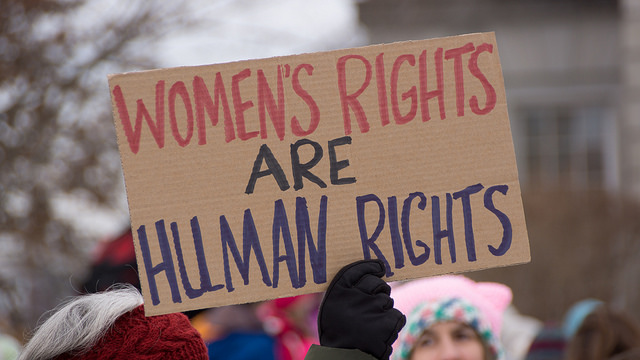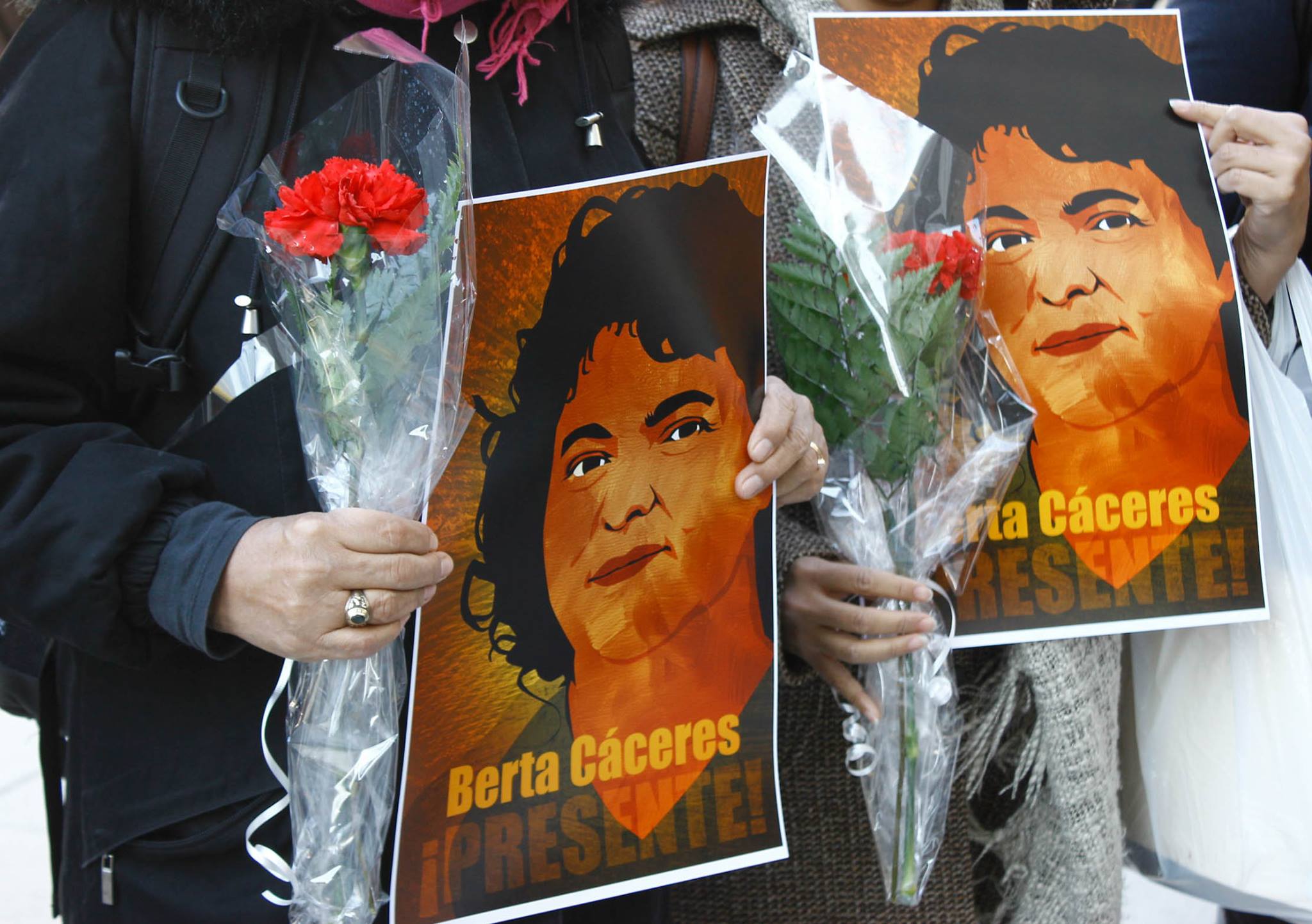Date: May 10, 2018
Author: Lisa Haugaard
State Department Human Rights Report Axes Women’s Rights, and More
Editor’s Note: This blog was first published on Medium.
 Photo by Marc Nozell (Flickr)
Photo by Marc Nozell (Flickr)
I was at the State Department bringing two Latin American human rights activists to meet with officials on the day when the State Department Human Rights reports, which were ready to be released as usual in late February or early March, were put on hold. They were held up for one reason: Someone at the top (of the State Department? of the White House?) wanted to eliminate the mention of reproductive rights and reduce the focus on women’s rights and ethnic discrimination — and other pesky issues.
These reports are published every year, and they are the official position of the U.S. government on human rights practices in nearly 200 countries and territories around the globe. Governments often care about how they are portrayed. These words matter.
The reports limped out nearly two months later on April 20. I took a look through them, comparing a number of the Latin America reports to the reports released the year before.
“Reproductive rights” subsections were entirely removed and replaced by ones called “Coercion in Population Control” — as if that were the only reproductive right that women have.
But that’s not all. The women’s rights sections were chopped in half or cut even more drastically, from usually three pages to one or one and a half. Domestic violence, rape, and femicide are briefly mentioned, but vital details on rates of impunity, prosecution rates, data collection, and government services for domestic violence and rape victims are removed. In this “Me Too” moment, the subsections on sexual harassment, already minimal, were trimmed to barebones. Discussions of discrimination against women in employment are gutted. Throughout these sections, examples of cases are removed — as are important data from nongovernmental groups.
LGBTI rights also gets short shrift, with far less detail than 2016 on police abuses against LGBTI individuals, including transgender persons — even though this is a major problem throughout Latin America. Passages detailing discrimination against LGBTI persons by religious leaders were simply eliminated.
Even the disability rights sections were slashed.
 |
|
| Protesters commemorate Honduran indigenous environmental activist Berta Cáceres. Photo by Angelika Albaladejo (LAWG) |
The subsection on “National/Racial/Ethnic Minorities” was axed in some countries. The section on “Indigenous People” remains but is cut in half — even in the case of Guatemala, where discrimination against indigenous people is one the most serious human rights challenges. Coverage of discrimination against Afro-descendant communities — a significant rights violation in many countries in the region — is practically eliminated or has to be shoe-horned into the decimated indigenous people section. And this is at a moment when environmental and land-rights defenders in Latin America, often indigenous and Afro-descendant, are more at risk than anywhere else in the world.
And the 2017 report on the Dominican Republic eliminated a front-page reference to widespread discrimination against Haitian migrants and their descendants, which in the 2016 report was termed “the most serious human rights problem” facing the country. This discrimination is discussed in the body of the report, but its importance was downplayed.
The rights of women, LGBTI persons, ethnic minorities, and people with disabilities should not be a trend, left up to someone’s whim about who matters and who doesn’t.
The hardworking and dedicated State Department officials who actually write these reports probably did their level best to keep coverage on these issues… but the word from the top was: The rights of more than half the world don’t matter.

